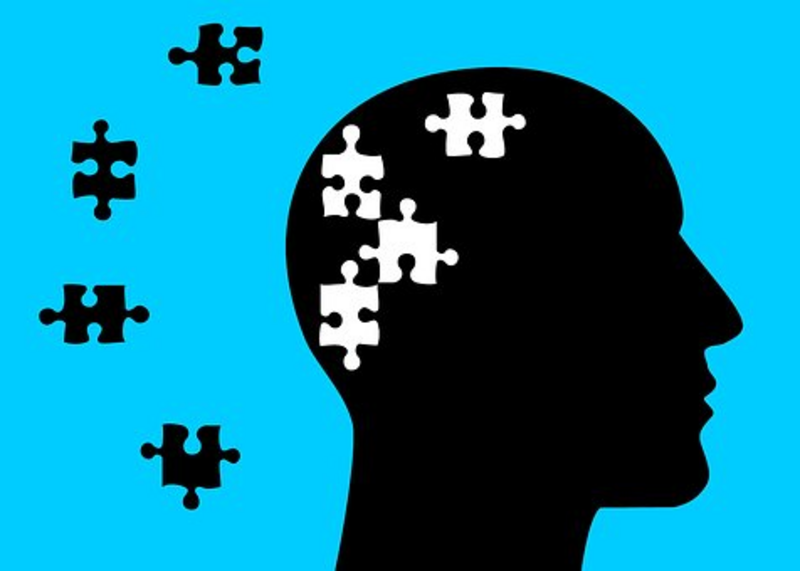
In October, we highlighted Mental Illness Awareness Week. Its purpose is to raise awareness and educate the public about mental illness. One may ask how prevalent is mental illness that there is a need for a week dedicated to this issue? And what do we mean when we say mental illness? The term mental illness encompasses a diverse range of mental health issues. The term includes various impairments that exist within this group. Depression, anxiety disorders, Post-traumatic Stress Disorder, Obsessive Compulsive Disorder, Bipolar Disorder are all manifestations of mental illness. And when taken as a whole, this health issue most definitely is a prevalent and a relevant social issue that needs some attention.
The ripple effects are far-reaching and touch all parts of our society. Substance abuse, homelessness, incarceration, dropping out of school, higher risks of cardiovascular and metabolic diseases, lost productivity, and suicide are societal problems that we all intersect with in one way or another.
Let’s look at some numbers from The National Alliance on Mental Health (NAMI)
- 19.1% of adults in the U.S. experienced mental illness in 2018 (47.6 million, or 1 in 5)
- 16.5% of youth aged 6-17 experienced a mental health disorder in 2016 (11.4 million, or 1 in 6)
- 46% of people who die by suicide had a diagnosed mental health condition
- $193.2 BILLION in lost earnings each year
- 2nd leading cause of death among 10-34 year-olds is suicide
And these staggering numbers represent just a peek into the related issues! Including another segment that is affected, that we may not think about: the caregiver.
Here are some more statistics to ponder:
- 24.7% of adults with mental to serious mental illness had no insurance coverage in 2018
- 8.4 million people in the U.S. provide care to an adult with a mental or emotional illness
- 32 hours a week is the average time caregivers spend providing unpaid care
Caregivers are in a unique position. Often they are emotionally attached to the person they are caring for, so there is personal investment. Guilt, stress, physical exhaustion, mental exhaustion, social isolation and physical/psychological ailments are characteristics common to caregivers. Sometimes when taking care of another, the caregiver neglects their own needs, compounding the pressure they are already experiencing. These strains can reduce the effectiveness of the caregiver, which is the opposite of the caregiver's intent.
In recognition of those who are caring for others, Mental Health America (MHA, a national organization whose mission is to promote mental health and prevent mental illness) has named November Family Caregivers Month. “A time to celebrate the contributions of caregivers, provide them with tools that they need, and continue to advocate for individuals with mental illness.” Believing that with the right tools caregivers and the ones they care for can thrive, MHA has developed a 2019 Caregivers Toolkit. The toolkit includes fact sheets on goal setting, treatment options, worksheets, drop-in articles, posters, and other helpful resources.
More information:
Check out this infographic for some quick facts about caregivers of individuals with mental illnesses and the issues they face: Infographic: November is Family Caregivers Month
Substance Abuse and Mental Health Services Administration (SAMHSA): https://www.samhsa.gov/
SAMHSA National Helpline – 800-662-HELP (4357)
If you or someone you know is in an emergency, call The National Suicide Prevention Lifeline at 800-273-TALK (8255) or call 911 immediately.